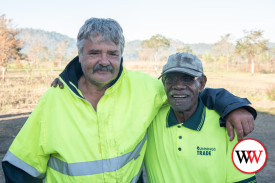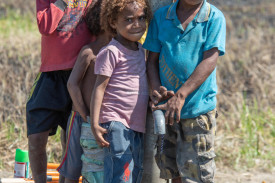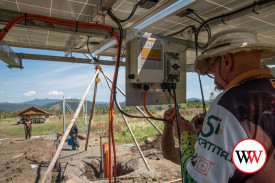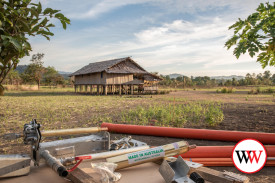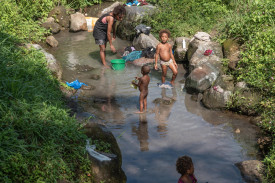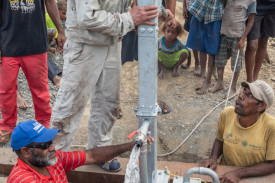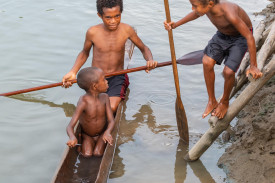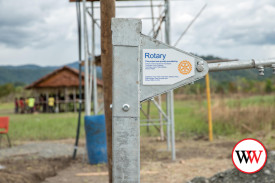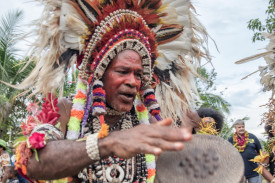Community
26 July, 2024
Clean water for villages
CLEAN drinking water is something most people take for granted, but for those in remote villages of Papua New Guinea it is a luxury very few can enjoy.
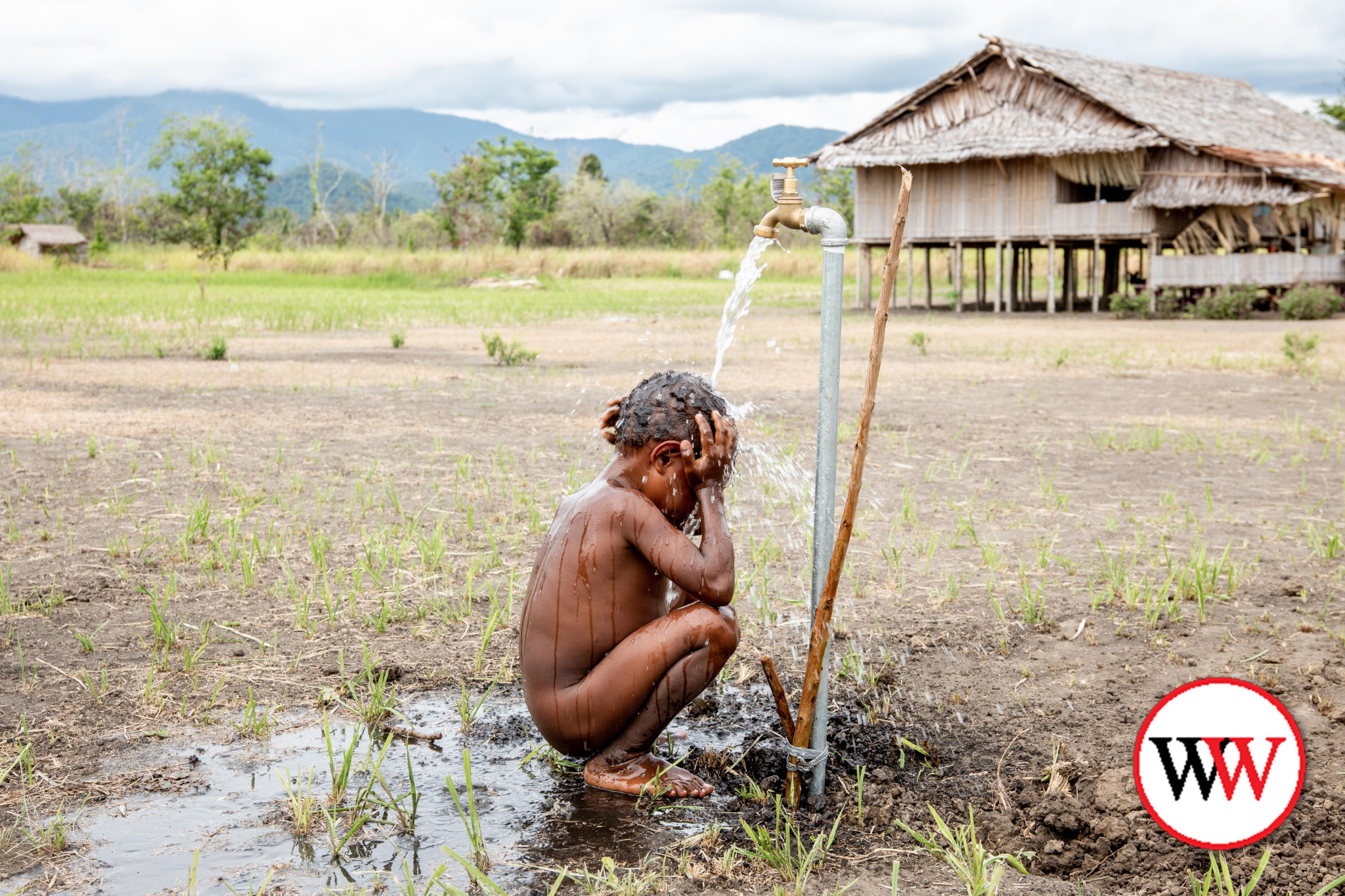
But that is gradually changing thanks to the efforts of a dedicated band of local Rotarians and their friends.
Led by director of service projects with the Rotary Club of Warrnambool, Tony Austin, the ‘PNG Project’ has seen hand and solar powered water pumps installed in remote rural villages and communities.
Since the 1990s Rotary Club of Geelong member Anton Van Doornik coordinated several PNG humanitarian aid projects.
Through this work he established several reliable PNG contacts, set up a logistic protocol for container shipping and organised a base for volunteers to work from.
Over the years he involved several other Rotary clubs in the project, including the Rotary Club of Warrnambool and Warrnambool Daybreak.
In 2017 personal commitments prevented him from coordinating the project that year and just three years later he passed way.
Since 2017 the Warrnambool club has coordinated the project, taking advantage of the infrastructure previously set up by Anton.
“Our water provision project has involved teams working in PNG in 2017, 2018, 2019 and 2023,” Mr Austin said.
“Several other Rotary clubs have also made significant commitments and together we are making some great progress.
“We have two major focus areas – assisting remote villages and communities to get access to clean water by providing water bores/wells and pumps and, where possible, supporting PNG communities with health and education requirements and general aid.”
They have also grown the project by increasing the number of supporting clubs, organisations and individuals into what is now known as The PNG Projects Group (PNGPG).
Although COVID prevented the team travelling to PNG in 2020-2022, the project resumed last year.
Typically, a team will spend two weeks to a month in PNG.
Project teams usually consist of five to six volunteers.
“The teams meet all of the PNG related personal expenses themselves, including travel costs, medical expenses and food,” Mr Austin said.
“Project materials are purchased through funds raised and occasional successful grant applications.”
The PNG Projects team (including Rotarians and PNG nationals) have set up an operational base in Popondetta and have worked in and provided clean water solutions and humanitarian aid materials to more than a dozen communities.
“The most significant issue facing the PNG Project is logistic costs,” Mr Austin said.
“For a trip, we send tools, pumping equipment, poly pipe, water fittings and humanitarian items to be distributed to villages, hospitals and schools.
“Generally we send a 20 foot shipping container timed so it arrives at our Popondetta base before the team arrives.”
This cost often amounts to around $20,000 – not including the contents of the container.
In 2021, while the PNG team was attempting a river crossing, their vehicle was swept away.
While all team members survived, the vehicle was destroyed.
“We received partial sponsorship for a replacement vehicle and purchased a second hand 4WD, three-tonne truck and we’re slowly preparing it to send to PNG as funds allow.
“The work we are doing, and have done, over there is quite amazing but we are always looking at ways to raise funds to enable us to do more.
“We welcome all groups and individuals who may wish to get on board and help with this project.”
Anyone wanting further information can contact Tony Austin on 0400 688 941.
